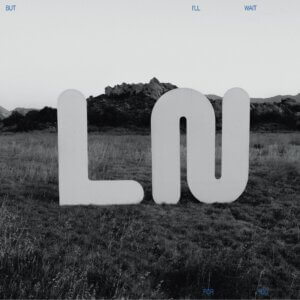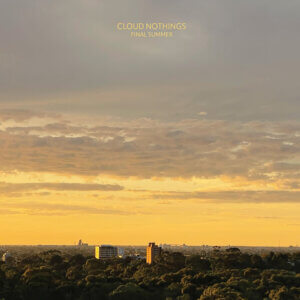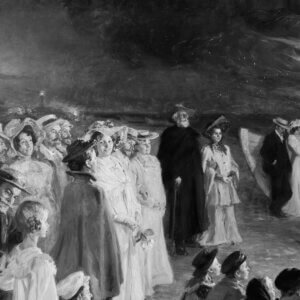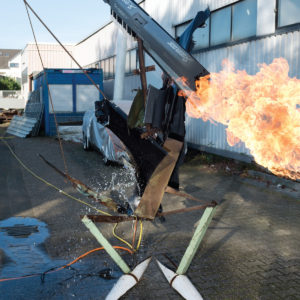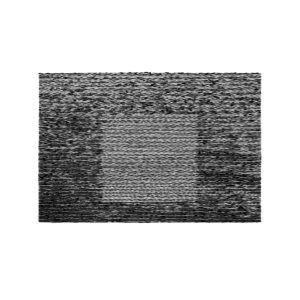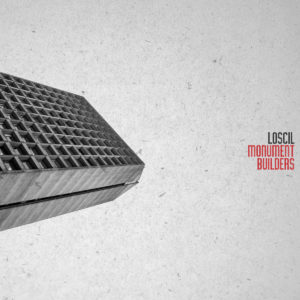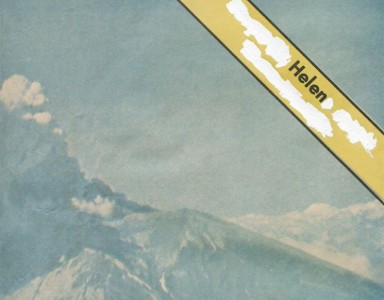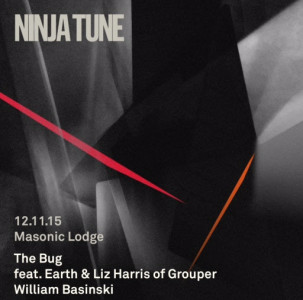
8.5
Ruins
Grouper
For the past ten years, Elizabeth Harris has recorded under the name Grouper, and has gifted us with music that hazily permeates our senses. The music she makes doesn’t feel performed, so much as it just seems to exist in the ether. Much like the dusty guitar strums, distant piano, and soft coos of her voice, tape hiss is equal parts an instrument that has made her records such an engrossing and entirely different listening experience.
That being said, she had sort of hit a wall with her sound on The Man Who Died In His Boat. It’s not that the record wasn’t another entry in Grouper’s gossamer beauty catalog, but we’ve racked up our fair share at this point, where only the truly devoted could be interested for more than a cursory listen. For her latest album Ruins, Harris delivers what should have just been a throwaway but in actuality is some of the most compelling music she’s released in years. Recorded mostly in Aljiezur, Portugal in 2011, the songs of Ruins are all stripped down to just piano, Harris’ voice, and the ambiance surrounding here — and the results are spellbinding. Executed during a time when Harris was processing “a lot of political anger and emotional garbage,” the songs sound spent, weathered, and pure. In many ways the sounds that incidentally occur around her, like the beeping of a microwave or rainfall, add to the realness of the music – as if her piano and voice were our internal monologue while the normal world moves around us.
After a minute and a half of softly hit tribal drums on “Made Of Metal,” Ruins begins with “Clearing,” a song that takes to its title, its contemplative piano sweeping out of the mental cobwebs. Harris sings, “Take your sad song, and sail me to the next life,” in her trademark hushed manner, as if not wanting to disturb the next door neighbor. More so than just the solitude, these songs reflect the ruins of old estates and a discarded village, which Harris would hike through daily to get to the beach. Songs like “Lighthouse” and “Labrynth” drift about like a mind wandering during an endless gaze upon what history has left behind. The tracks “Call Across Rooms” and “Holoferness” are the album’s two minor-key wanderers and they’re among some of some Harris’ most haunting songs. The latter of the two has no words, just the warbly tinkle of the piano as rain gently patters along its natural percussion. All of these relatively short meditations lead up to “Holding,” an eight-minute quiet marvel that unfurls like a sudden memory of a dream that you’re carefully trying to put together before it’s dashed away.
Curiously, the album ends with the foggy, droning “Made of Air” which was recorded ten years ago at Harris’ mother’s house. How it links to her time in Portugal is unclear, but its esoteric relation to the rest of the material is an enjoyable mystery, the track acting like a slowly passing cloud over the other earthbound material. It’s also interesting to note the track’s progression – starting pleasant and benign, but then suddenly taking a dark turn around the fifth minute.
Save for the last track, Ruins is an album that proves definitively that underneath the loops and reverbed haze, that Grouper’s unique style is something present wholly in herself. Peeling back the layers reveals how the bare sound of the human voice and piano can be just as cinematic and deeply moving then any effects traditionally meant to conjure up deep reflections and memories.
Doug Bleggi
Latest Reviews
Tracks
Related Albums
Related News
Advertisement
Looking for something new to listen to?
Sign up to our all-new newsletter for top-notch reviews, news, videos and playlists.

